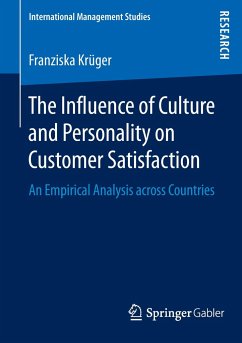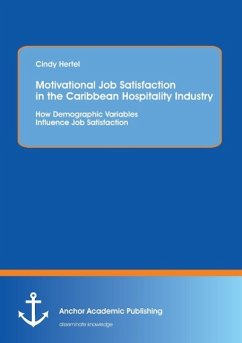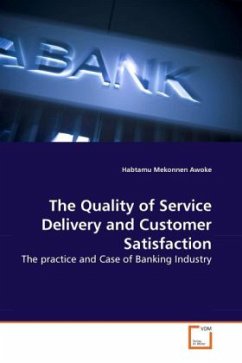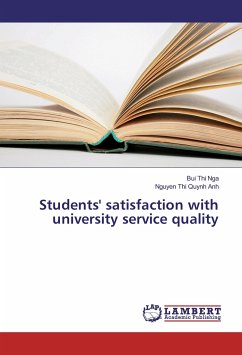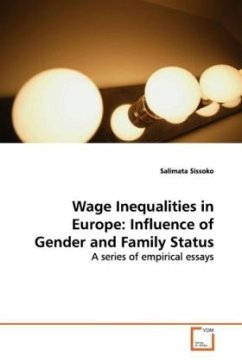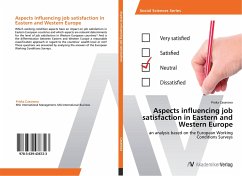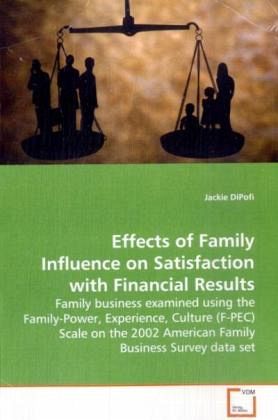
Effects of Family Influence on Satisfaction with Financial Results
Family business examined using the Family-Power, Experience, Culture (F-PEC) Scale on the 2002 American Family Business Survey data set
Versandkostenfrei!
Versandfertig in 6-10 Tagen
39,99 €
inkl. MwSt.

PAYBACK Punkte
20 °P sammeln!
By all accounts, family owned businesses comprise a major proportion of all businesses worldwide. Family businesses range in size from sole proprietorships to the largest and most successful businesses in the world, including retailing giant Wal-Mart. This research explores the influence that family members have on many aspects of the business organization, from the labor force to the Board of Directors. This study empirically tests the validity of the F-PEC scale developed by Astrachan, Klein and Smyrnios (2002) and, using structural equation modeling, concludes family experience and culture ...
By all accounts, family owned businesses comprise a
major proportion of all businesses worldwide. Family
businesses range in size from sole proprietorships
to the largest and most successful businesses in the
world, including retailing giant Wal-Mart. This
research explores the influence that family members
have on many aspects of the business organization,
from the labor force to the Board of Directors.
This study empirically tests the validity of the F-
PEC scale developed by Astrachan, Klein and Smyrnios
(2002) and, using structural equation modeling,
concludes family experience and culture have a
statistically significant, positive relationship
with satisfaction with financial performance in
family business. The results have far reaching
implications due to the magnitude of family business
organizations within the worldwide economy and
society. Building on marriage and family counseling
literature, this reseach takes the reader into the
heated debate on whether it is "good or bad" to have
family members involved in the business.
major proportion of all businesses worldwide. Family
businesses range in size from sole proprietorships
to the largest and most successful businesses in the
world, including retailing giant Wal-Mart. This
research explores the influence that family members
have on many aspects of the business organization,
from the labor force to the Board of Directors.
This study empirically tests the validity of the F-
PEC scale developed by Astrachan, Klein and Smyrnios
(2002) and, using structural equation modeling,
concludes family experience and culture have a
statistically significant, positive relationship
with satisfaction with financial performance in
family business. The results have far reaching
implications due to the magnitude of family business
organizations within the worldwide economy and
society. Building on marriage and family counseling
literature, this reseach takes the reader into the
heated debate on whether it is "good or bad" to have
family members involved in the business.



